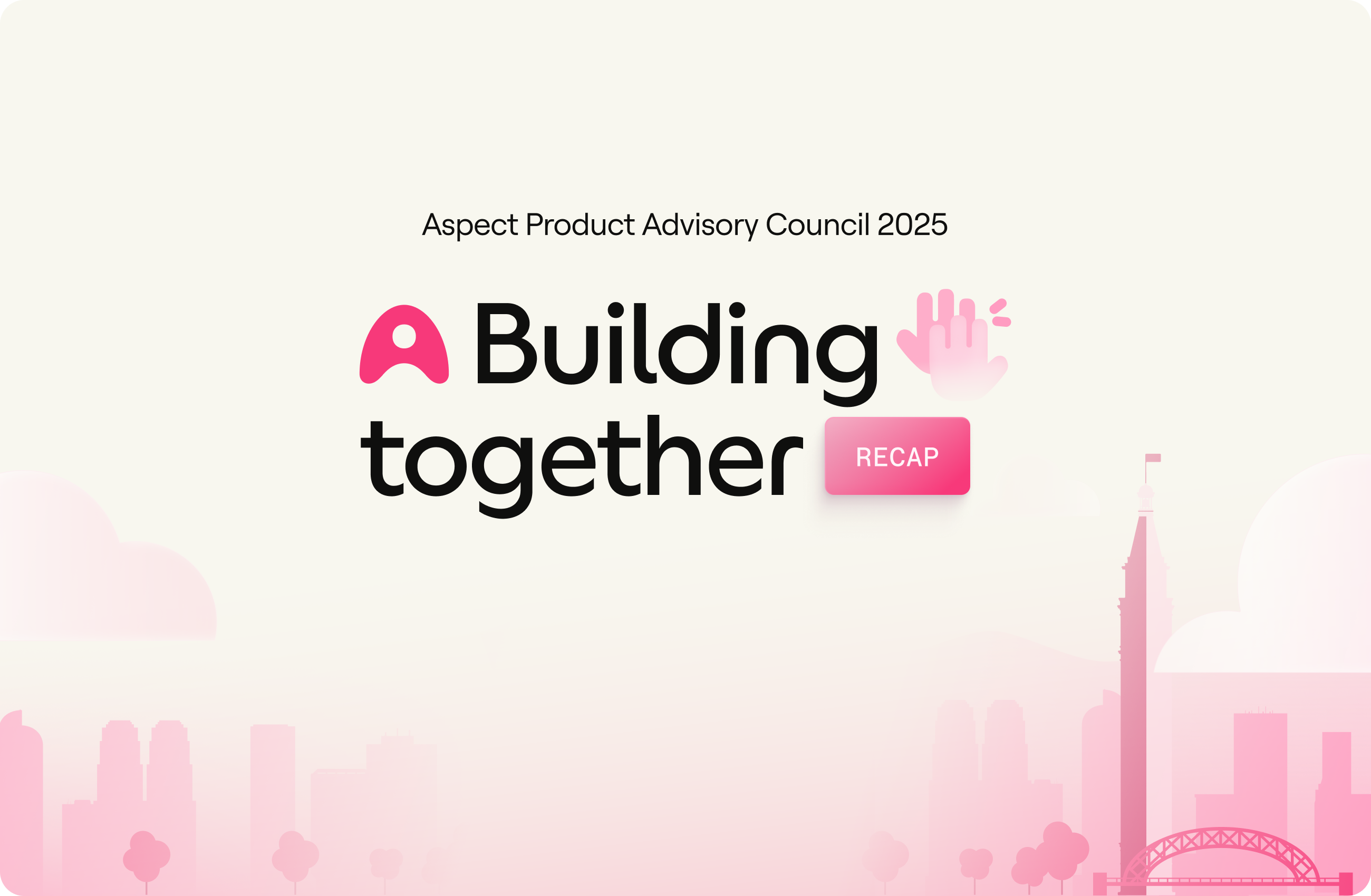In the contact center, customer service relies on workforce engagement to shape customer experiences. An engaged team is key to building lasting customer relationships, fostering brand loyalty, and driving overall business performance. Employee engagement manifests as a positive work environment across all your sectors and teams; but engagement also helps deliver exceptional customer service.
Have you noticed emerging characteristics of an engaged workforce? We sure have.
Authenticity
Improving customer experiences starts with employee authenticity. Employees that stay genuine in their interactions, and can communicate joy, empathy, and understanding help customers feel valued and appreciated. Authenticity leads to stronger connections and fuels the ability to solve problems from both the employee and customer perspective. An authentic employee can provide quicker resolutions to customer issues, reducing frustration and enhancing customer satisfaction.
Proactive escalation
Proactive solutions involve interacting with customers before they even realize an issue exists. An engaged workforce consistently sees potential problems and reaches out to affected customers, showing a commitment to customer welfare and helping limit complaints.
What if an issue requires escalation? Escalated issues that are handled efficiently and with a sense of urgency require understanding, empathy, and a connection between employee, customer, and organization.
Anticipating customer needs
In addition to proactively handling immediate concerns, an engaged workforce excels in anticipating customer needs. Through AI and predictive analysis, we can examine customer behavior and historical data, identifying patterns. In a sales role, an engaged workforce uses this data to offer personalized recommendations and targeted offers. This level of attention to detail makes customers feel valued and appreciated, increasing the likelihood of customer loyalty and repeat business.
Client trust factor
Honesty and transparency are foundational principles of customer satisfaction. By making these the bedrock of customer touchpoints, your business can transcend cold calling and sales pitching. Engaged contact center employees tend to be very upfront about products, services, and limitations. If mistakes are made, accountability is taken to build trust with customers.
Let’s not forget the importance of feedback loops in building trust. Actively seeking feedback from customers and monitoring service metrics drives noticeable change. A thoughtful feedback loop ensures that the contact center is continually evolving to meet customer needs and expectations.
Emotional intelligence
As AI and automation perform a higher percentage of routine tasks, employees will meet complex and emotionally charged customer interactions. Emotional intelligence and empathy are now crucial skills that teams must master to ensure positive customer experiences. An engaged representative, especially during stressful or emotionally charged situations, can diffuse tension that will likely lead to a more positive experience.
Great customer service in contact centers is evolving. An engaged workforce is necessary to elevate the customer experience. Authenticity, proactivity, trust, and emotional intelligence are just a few characteristics that show your team is delivering exceptional service and differentiating themselves in the competitive marketplace.
How are these and other markers driving outstanding customer service in your contact center?









